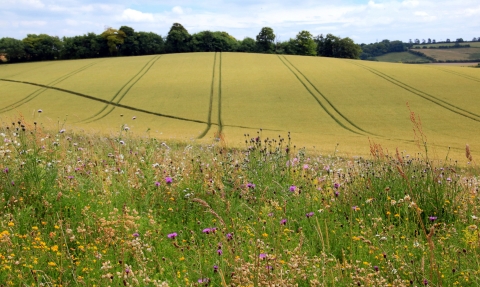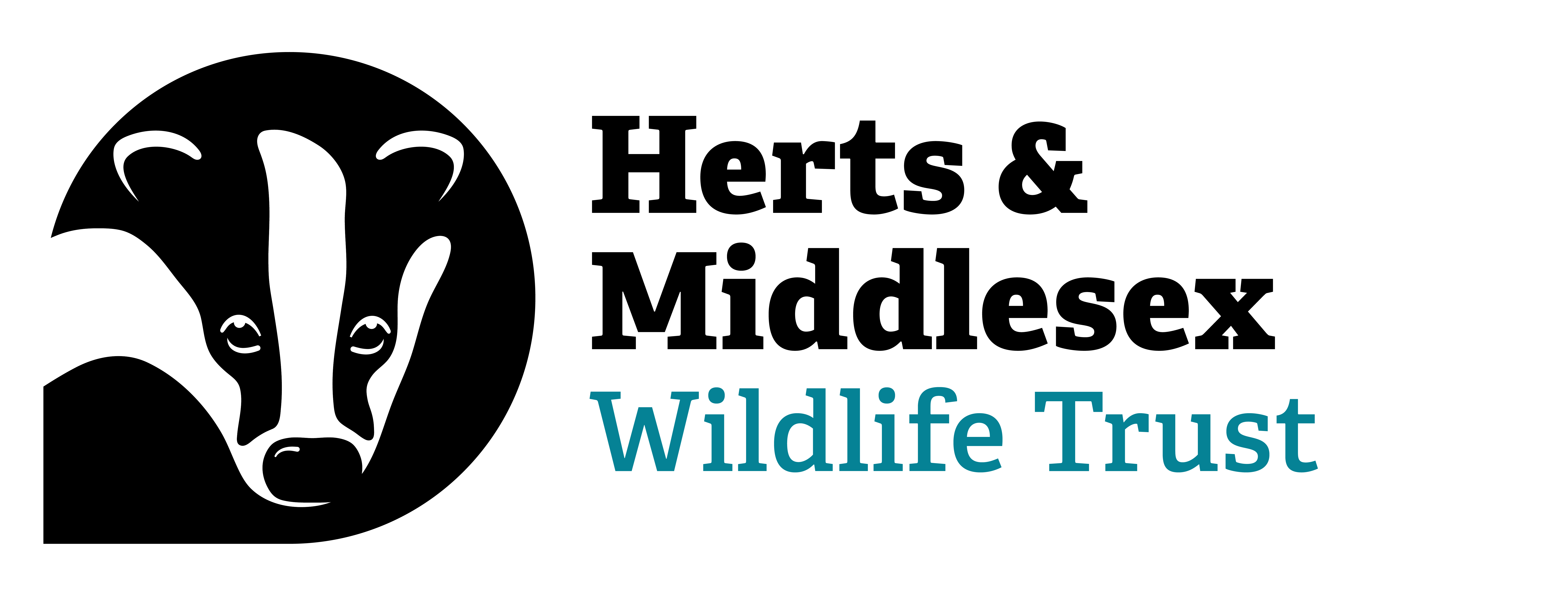
(c) Josh Kubale
Farming and nature
Nature must be a priority in Common Agricultural Policy spending
The Common Agricultural Policy (CAP) has a major impact on our countryside. It is the source of funding for agri-environment schemes. These pay farmers and land managers to benefit wildlife.
The Wildlife Trusts are very concerned that, even with the “maximum” level of funding, the government acknowledges there won’t be enough money available to meet their own biodiversity targets. The Wildlife Trusts are also concerned that the proposed approach to more general “greening” of farming could have little or no effect on wildlife.
Save our vanishing grasslands
April 2014
The Wildlife Trusts have been collecting information on the state of locally important grasslands in England – sites like ancient meadows, traditional pastures and road verges – all of which provide vital space for nature.
The information we have so far makes depressing reading. We have launched a campaign calling for a halt to this catastrophic decline.
Some sites have gone altogether, lost to development or ploughing. Many more have deteriorated to such an extent that the wildlife that make them special has simply disappeared and they have been “de-selected” as Local Wildlife Sites, meaning there is not enough special habitat left to justify keeping the Local Wildlife Site designation.
Wildlife Trusts and charities like Plantlife are working with farmers and landowners to care for these special places (for example on projects like Save Our Magnificent Meadows and Coronation Meadows) but the pace of decline is faster than the rate at which these habitats can be restored.
Sign our e-petition to save vanishing grasslands today
Previous actions
April 2013
Across Europe 86,000 people lobbied their MEPs on the Common Agricultural Policy, sending over 1 million emails. Thank you for your fantastic support!
The recent Farming for Nature campaign by The Wildlife Trusts and other NGOs across Europe successfully influenced the European Parliament vote by MEPs on the Common Agricultural Policy on 13 March 2013.
In the UK, over 18,000 people contacted their MEPs with one MEP noting that it had been ‘her biggest postbag so far this year’. The campaign helped swing the vote on two key issues: ‘greening’ the Single Farm Payment (worth over £2.5 billion in the UK); and preventing a wasteful ‘double payment’ for the same environmental activity from agri-environment schemes.
Despite some welcome support in the European Parliament, these issues will not be fully resolved for some time. Trilogue negotiations between the European Parliament, European Commission and Member States on the final CAP package will now begin on 11 April 2013 and are expected to conclude by the end of June.
The Wildlife Trusts will continue our campaign for a countryside rich in wildlife; a rural landscape where wildlife-friendly farmers are given the support they deserve.
March 2013
Send a message NOW to your MEP to vote for nature friendly farming. Follow this link: http://wtru.st/WsKfD2
In a few days time, MEPs will vote on the future of the Common Agricultural Policy (CAP), the EU-wide system of payments to farmers and land managers worth over £3 billion a year in the UK. This policy will shape the future of our countryside and determine the fate of our already-declining farmland birds and insects.
The Wildlife Trusts believe that the CAP must be radically reformed to protect and restore our natural heritage, wildlife and our farming landscapes.
Linking payments from the CAP to environmental measures, such as creating new areas for nature on arable farms and protecting our rivers and grassland habitats, would provide a lifeline for wildlife and kick-start nature’s recovery across the UK.
On 13 March 2013, the Members of the European Parliament (MEPs) have an historic opportunity to reform the CAP.
As our elected representatives in Brussels, it is vital that MEPs hear the voice of their constituents and make the CAP count for A Living Landscape.
Send a message NOW to your MEP to vote for nature friendly farming. Follow this link: http://wtru.st/WsKfD2
